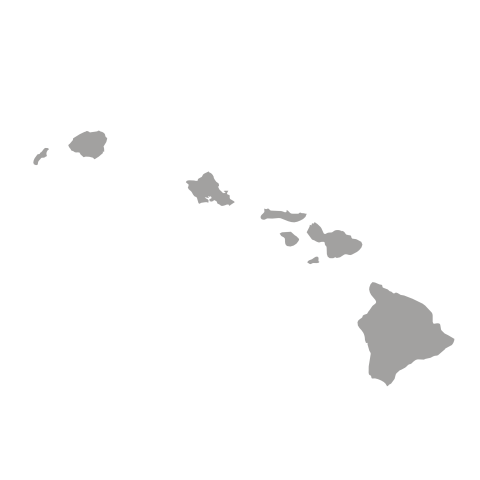
Hawaii
In Hawaii, a Gun Violence Protective Order (GVPO) temporarily prohibits an individual who poses a danger of causing bodily injury to self or others from owning, purchasing, or possessing any firearm or ammunition. Under Hawaii’s law, family and household members (including intimate partners, persons with a child in common, and current or former dating partners, among others), co-workers, educators, medical professionals, and law enforcement agencies may petition for a GVPO.
A petition for a GVPO is filed in Family Court in the circuit where the petitioner resides. Upon filing, the court may issue an ex parte GVPO if it finds that the respondent poses an imminent danger of causing bodily injury to self or others by having access to firearms. A court hearing is scheduled within 14 days of filing a GVPO petition when the respondent may appear in the court. If the court determines that the respondent poses a significant danger of causing bodily injury to self or others by having access to firearms, they may issue a one-year GVPO. A GVPO may be terminated early or renewed.
Hawaii’s GVPO law, like other states’ Extreme Risk Protection Order laws, includes due process protections to ensure fairness. Due process protections in Hawaii include ex parte GVPOs issued by judicial officers; a post-deprivation hearing where the respondent is provided notice and an opportunity to participate; and the requirement of substantial and credible evidence (e.g. the enumerated factors the judicial officer must consider) to issue a GVPO.
Explore the following resources to learn more about Hawaii’s law:
- Gun Violence Protective Order Process in Hawaii
- Gun Violence Protective Orders & Orders for Protection: How do they differ?
Hawaii Court Resources:
Background: Governor David Ige signed Hawaii’s GVPO law on July 1, 2019. The law went into effect on January 1, 2020.